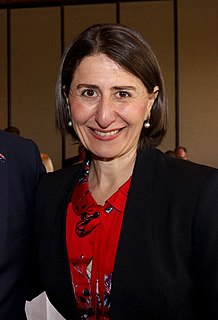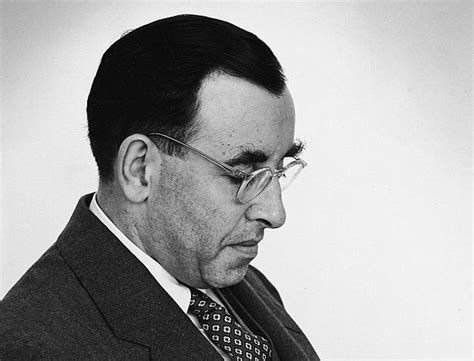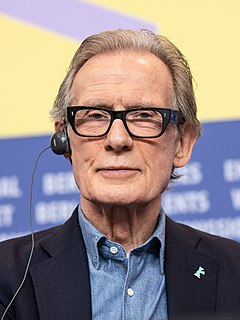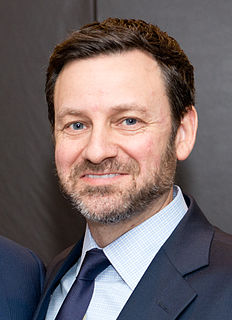A Quote by Gladys Berejiklian
It's distressing to see anyone in the community struggle to access public transport - whether they're elderly, customers with a disability or families with prams.
Related Quotes
PubMed Central is vital for researchers and the public alike. Only through free access can everyone find out where the cutting edge of research lies. With access to the latest studies, patients and their families have a much-needed piece of the puzzle as they consider treatment options and potential outcomes.
In the Internet world, both ends essentially pay for access to the Internet system, and so the providers of access get compensated by the users at each end. My big concern is that suddenly access providers want to step in the middle and create a toll road to limit customers' ability to get access to services of their choice even though they have paid for access to the network in the first place.
Nowhere in politics is there such a mismatch between public and private realm as in transport. Everyone on the M6 last weekend would have agreed with Transport Minister Alasdair Darling's reported hatred of cars. They too wanted drivers off the roads and on to public transport. Go to it, Mr Darling, they cried in unison, get rid of all those cars. Except, of course, their own. Other people's cars are traffic. My car is the outward essence of my being. It is my hat, stick and cane. It embodies my freedom as a citizen and my right as a democrat. My car is my soul in flight.

































